
Western Technical College
Online Writing Center
Writing a Resume
1
Preparing a resume can be more difficult than it appears because each of us has had
different life experiences and often question which of those experiences should be
included in a resume and which could be omitted. In addition, the guidelines for what is
acceptable and what is not acceptable on a resume changes over time. And, now, the
increasing popularity of online resumes has made resume writing even more complex.
Even so, a plethora of helpful resources exist on the internet (Just make sure the site is
credible and up-to-date.), at employment agencies, college employment services, and in
libraries. Even the Western Library has an entire aisle filled with books on resumes,
cover letters, and interviewing. You may find it helpful to consult other resources for
more detail and examples than what are provided here. This is especially true if you are
starting a second career, have not worked outside the home for a decade or two, only
have work experience with family enterprises, or have a criminal record.
Three Resume Types
There are three types of print resumes: chronological, functional, and hybrid. It is
crucial that you use the type that will immediately showcase your assets to potential
employers.
Chronological
This kind of resume would be better described as “reverse chronological” since it
organizes your employment and education in a reverse time order; in other words, the
most recent job is described first and the oldest is described last. Regardless of its
misleading name, the chronological resume is the most traditional of all resume formats
and has definitely stood the test of time. Many hiring professionals prefer this format
because it is familiar to them and can be quickly read; there are no “gaps” that must be
interpreted. While a chronological resume is effective for applicants who have a steady
work record with increasing responsibilities over time, it should be avoided if any of the
following are true:
You are a recent graduate with little work experience or little relevant work
experience.
You have changed jobs often.
You have gaps in your employment history (i.e. periods of time in which you were
not employed).
You are entering the work force after a long absence and/or your work experience
may be viewed as outdated.
You are changing careers and your past experiences aren’t relevant to your new
career goals.
Your employment history may call attention to your age.
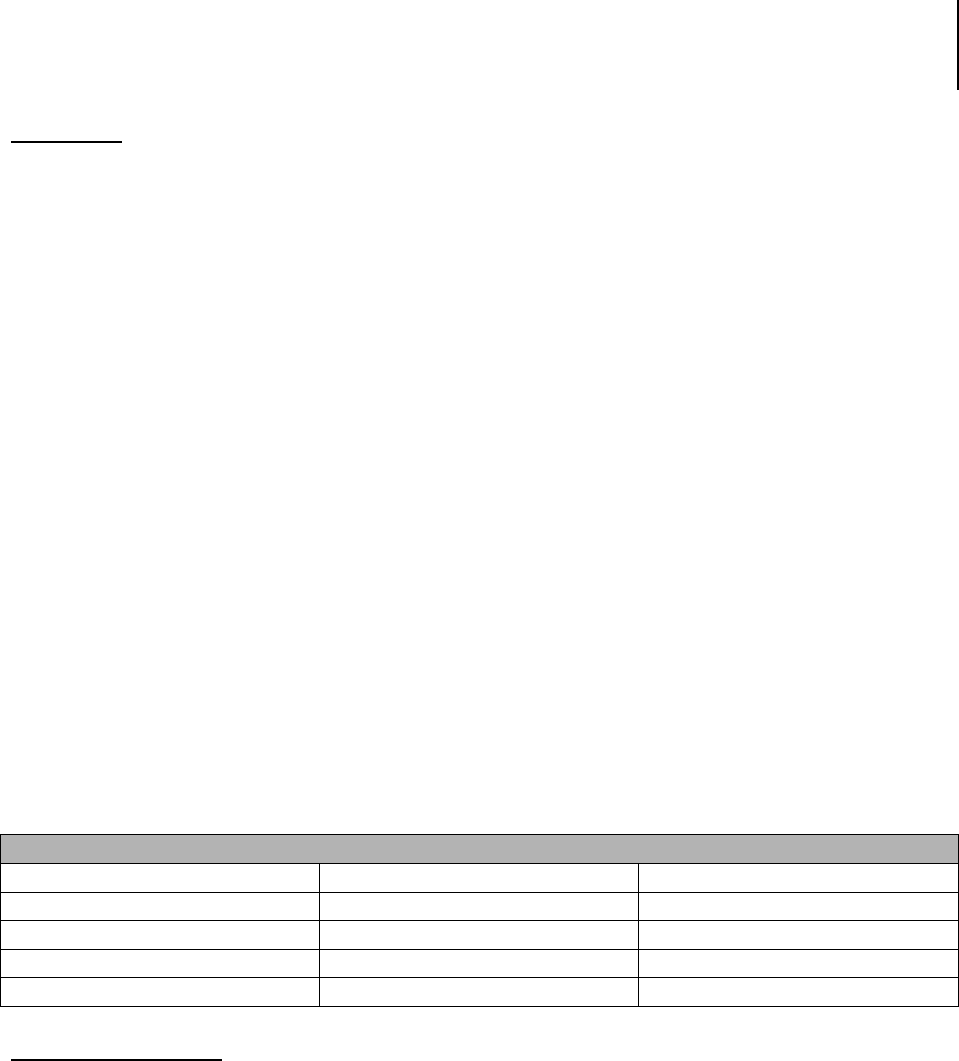
Western Technical College
Online Writing Center
Writing a Resume
2
Functional
A functional resume focuses on skills and accomplishments, which explains why a
functional resume is sometimes called a skills resume. These skills are grouped under
different categories (See the suggestions in the chart below.) so that talents and assets
can be highlighted without emphasizing specific jobs or dates. In fact, the skills appear
at the top of the resume and job titles and employers only appear briefly at the bottom of
the resume. The focus is on what you did (or can do) and not on where and when you
did it. Because of that, a functional resume, in its truest form, does not have any dates
on it. However, most sample functional resumes that appear in books and on web sites
do include the dates. Regardless, the functional resume is newer than the
chronological resume and is not yet well accepted by all employers; the lack of
chronological development often raises suspicion and implies that the applicant may be
a job hopper, an older worker, or someone with academic or skill deficiencies. Yet, the
functional resume does a much better job of identifying an applicant’s skills and
strengths than the chronological resume. The functional resume is the best for you if
any of the following are true:
You have primarily done consulting or freelance work.
You have been in the military and are now entering civilian employment.
You have relevant volunteer experience that needs to be highlighted.
You have skills that may not be communicated merely through job titles or degrees
earned.
You have skills that were acquired through both school and work.
You have held a number of different or unrelated jobs during a short period of time.
Possible Categories for Skills/Qualifications for Use with a Functional Resume
machinery knowledge
software skills
supervisory skills
problem-solving skills
electronics knowledge
teamwork experience
troubleshooting skills
technical expertise
repair and maintenance
equipment expertise
communication skills
organizational skills
customer service skills
interpersonal skills
mechanical strengths
Combination/Hybrid
The combination or hybrid resume incorporates the best features of both the
chronological and functional resume and is well-received by hiring experts. It highlights
skills, accomplishments, and experience and then provides a chronological listing (in
reverse order) of employment and education. It is ideal for applicants with lengthy work
experience since the most recent experiences—and those that best target the job
objective—can be highlighted and those of less importance and less relevance can be
downplayed. For this reason, it works best for applicants who have lots of relevant work
experience (at least four years with the current employer) and a significant number of
relevant accomplishments to emphasize. It is also recommended that the applicant
have some management or leadership experience.
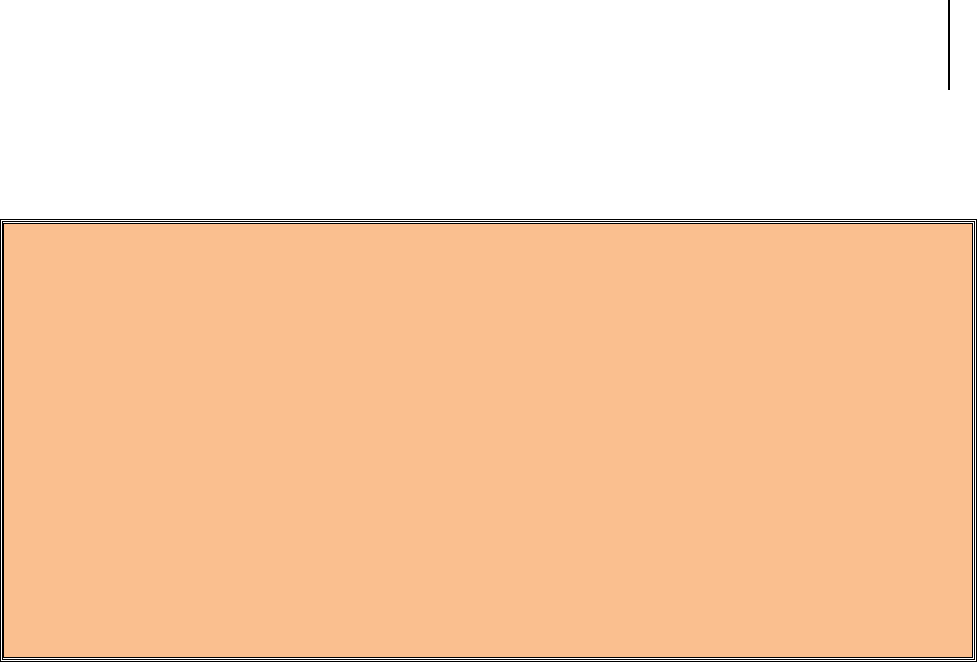
Western Technical College
Online Writing Center
Writing a Resume
3
Resume Components
1. Contact Information
2. Job Objective (optional)
3. Summary of Qualifications (optional)
4. Education or Work History
5. Education or Work History
6. Military Records, Achievements, Volunteer Experience, Etc. (optional)
NOTE: Do not include your references on or with your resume, and avoid typing
“References available upon request” on your resume. This is unnecessary since it’s
obvious that you will provide references if employers request them. And, when
employers make the request, you can then provide them.
NOTE: Typically, a resume should be just ONE or TWO pages, but resumes
between one and two pages are now considered acceptable by some resume
experts.
1. Contact Information
This section of your resume must be complete and accurate so potential employers can
contact you with ease. It consists of your full name, mailing address, e-mail address
(optional), and phone number(s).
2. Job Objective
The job objective, also known as a career goal or professional objective, is a fragment
that communicates the kind of position you are interested in obtaining, as shown in the
yellow column below. It should also indicate what you have to offer to the company, as
shown in the blue column below. It should not indicate what the company can provide
you, or, in other words, what else you want from the company besides the job, as
shown in the pink column. Always keep the focus on what you can do for the employer!
Stay work-centered, not self-centered! Probably because many applicants have failed
to do so in the past, resume experts are now saying that the job objective is not needed.
That makes sense! If not done correctly, it is wasted text on the resume.
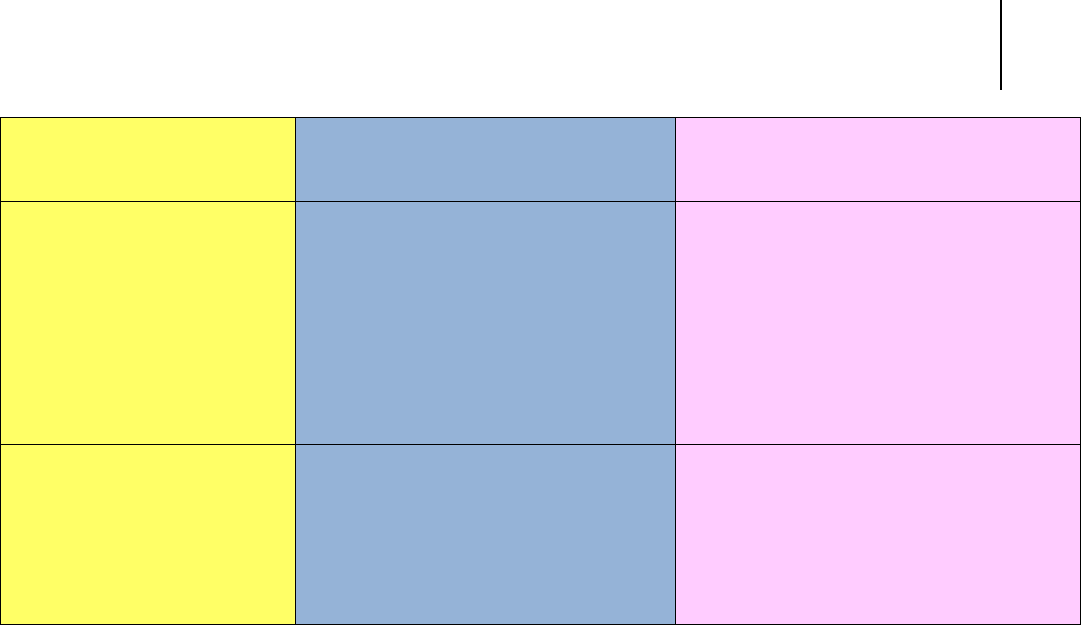
Western Technical College
Online Writing Center
Writing a Resume
4
Position Desired
Position Desired & What You
Can Offer the Employer
Position Desired & What the
Employer Can Offer You
seeking a sales
representative position
for a growing business,
such as Channel 15, that
is open to experimenting
with new sales
techniques
seeking a sales representative
position for a growing business,
such as Channel 15, that is open
to experimenting with new sales
techniques and can benefit from
my innovative yet feasible ideas
Seeking a sales representative
position for a growing business,
such as Channel 15, that is open to
experimenting with new sales
techniques and will offer me
challenges and opportunities to
work with a wide array of people
to utilize my computer
expertise as a network
specialist for a large Mid-
western company
to utilize my computer expertise
as a network specialist for a large
Mid-western company and
thereby improve the company’s
efficiency and profits
to utilize my computer expertise as
a network specialist for a large Mid-
western company that will offer me
employment for the long-term
Yet, stating your job objective offers a number of benefits:
By indicating how you can benefit the company, the job objective allows you to
start selling yourself to the employer. This is especially crucial if an employer
sorts through a hefty stack of resumes and merely scans the objective so that
he/she can create two piles: one for consideration and one to be discarded.
It also gives your resume a focus and, thereby, helps you identify what
information to include on your resume. Any aspect of your career life that does
not support your job objective should be omitted. What remains is a clear and
uncluttered snapshot of you.
The job objective also aids employers. Without having to read the entire resume,
employers can get an immediate sense of what kind of job you desire. With large
companies, the job objective also tells the human resources coordinator/recruiter
which department or individual should get your resume to review.
Because the job objective is usually one of the very first statements that is read in your
application materials, it must be written well. Here are some pointers to follow:
Be concise! The “Too General” examples on the chart below are wordy. Also
note that a job objective is rarely a sentence.
Be specific, but not too specific. As shown in the green column below, if you are
too vague, your job objective will appear to be mere “gobbledygook.” An
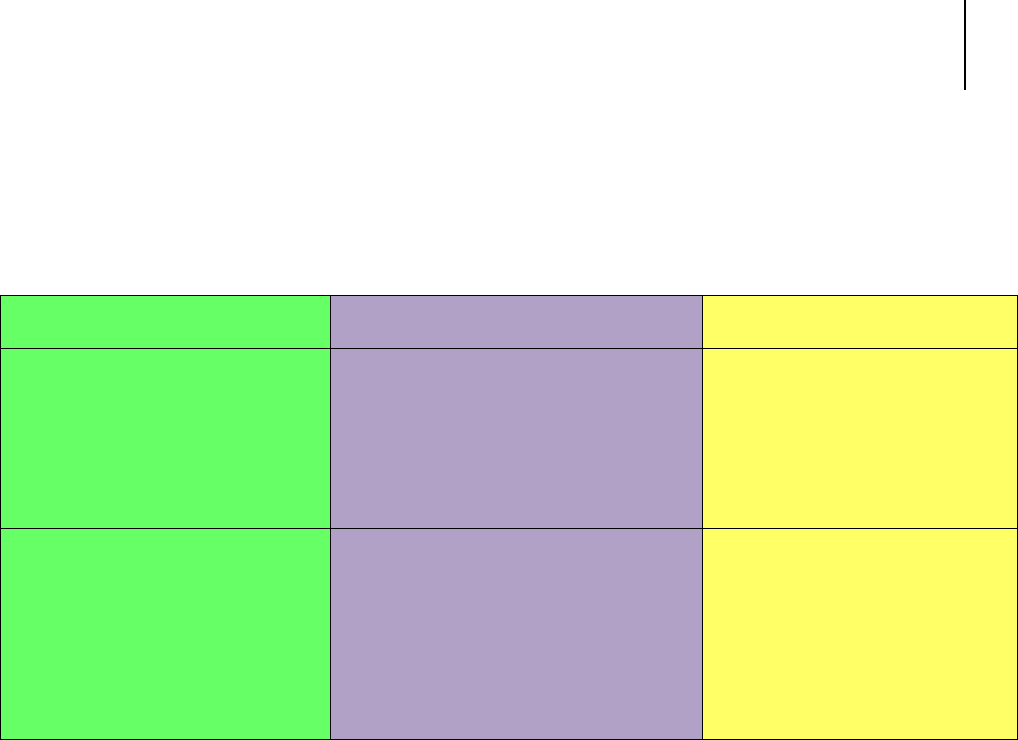
Western Technical College
Online Writing Center
Writing a Resume
5
employer will wonder exactly what it is that you want in a job. Yet, if the job
objective is too specific, it may limit your job possibilities, as indicated in the
purple column below. So, strive for the “Just Right” level of specificity.
Obviously, you can be more specific if you are preparing a resume in response to
a job posting rather than a generic resume.
TOO GENERAL
TOO SPECIFIC
JUST RIGHT
A. to utilize my knowledge
and expertise with different
kinds of art techniques and
mediums at a long-term care
facility
A. an art therapist with the
mentally ill (limited to working
with the mentally ill at a facility
that also services the terminally
ill and ailing elderly)
A. a position where my
knowledge of therapeutic
art can be used to improve
clients’ lives
B. a position with a
progressive health care
facility that will fully utilize
my 11 years of nursing
knowledge, skills, and
talents on a part-time basis
B. a part-time position as an
oncology nurse’s assistant
(limited to working in an
oncology dept. while positions
may also be available in other
departments)
B. part-time employment
with a progressive health
care facility that will benefit
from my 11 years of
nursing experience in
various specialties
It is critical that your career objective is completely true of you and, above all, is
substantiated on the resume and/or cover letter. You should not write to put my
people skills and leadership experience to use while serving as a night foreman if
you don’t possess people skills and leadership experience and there is no proof
of either kind of skill on your application materials.
3. Summary of Qualifications
If you don’t have a job objective, you will need a summary of qualifications. On the
other hand, if you provide a job objective, you don’t necessarily need a summary of
qualifications. But, omitting the summary of qualifications would be like forfeiting a
lottery win. It is your opportunity to show employers what you have to offer. The
summary of qualifications, also called a professional summary, profile, core strengths,
areas of strength, or synopsis, lists your skills and talents that are pertinent to the
desired job. Other equally-qualified applicants may not possess these traits! Therefore,
if you have experience in the job that you are applying for or an array of skills that are
beneficial in a variety of careers, it is especially helpful to include a summary of
qualifications. Not only does it indicate what you can do for employers in an easy-to-

Western Technical College
Online Writing Center
Writing a Resume
6
read manner (a bulleted list of fragments), but it helps employers identify if you might be
better suited to another position, maybe even one that you are not aware of.
The qualifications summary usually consists of four to six phrases, all of which are
fragments. The fragments must be parallel. That means that each item in the list must
start with the same part of speech. For help with this, consult “Parallel Structure” under
“Sentence Basics” on the Online Writing Center Site.
In the box below, each fragment begins with an adjective, a descriptive word.
Experienced in mortgage and loan processing (six years)
Organized and timely amidst tight deadlines
Detail-oriented when tabulating figures and completing
required paperwork
Committed to quality customer service
These parallel fragments can pertain to your experience, knowledge, recognition,
workplace reputation, job-specific skills, life skills, or anything else relevant to your job
objective. To be most beneficial, the list should not consist of job-specific skills that all
applicants with the required qualifications would possess. For example, why list
technical diploma in welding if that is one of the requirements for the job? Or, why list
excellent blueprint reading skills or familiar with SMAW, GMAW, and GTAW if all
welders with a technical diploma would possess that experience?
Whatever you choose to include, make sure it is truthful and that rest of your resume (or
possibly cover letter) validates your truthfulness. So, if you write outstanding diplomacy
that consistently produces win-win results for customers and the company, other details
on the resume must show that you are an effective mediator. You might indicate that
you have received two weeks of advanced training in conflict resolution or was
December 2016 employee of the month for resolving two contractual issues. Without
proof, it will appear as if YOU believe these traits are true of YOU, but would others
agree with you? If you offer proof, others are likely to agree, and if you offer specific
proof, they most certainly will.
4. Education
NOTE: List education before work experience only if your skills
and expertise come primarily from education. This would probably
be the case if you have fewer than three years of work experience
in your desired career.

Western Technical College
Online Writing Center
Writing a Resume
7
When presenting your educational background, list the schools you attended in reverse
time order (The most recent school you earned a degree at or are in the process of
earning a degree will appear first.) and provide the following information about that
school and any other school you choose to list:
official school name(s)
NOTE: All words should be capitalized, such as Blair-Taylor High School.
the location (city and state only; no street address or zip code)
NOTE: If you were home school, this would be the city and state of your parent(s)
home.
program area and/or major and minor (college education only)
NOTE: Use the official title of the program, such as “Automotive Service Technician,”
“Welding,” and “Fire Protection Technician.”
degree attained (e.g. diploma, GED certificate, HSED diploma, certificate, technical
diploma, associate degree, associate of applied science, BA, MA, etc.)
NOTE: Use the correct term. There’s a huge difference between a certificate and a
technical diploma. The same is true of a technical diploma versus an associate
degree.
graduation date (actual or anticipated) and/or dates attended
When deciding what education-related information to include, keep the following
pointers in mind:
Only include educational experiences that are relevant to your job objective,
especially if you are running out of space on your resume.
If you have earned a college degree or are about to do so, it is not necessary to list
your high school education. This is especially true if you graduated from high school
a number of years ago or were home schooled for your high school years. However,
if you are a recent high school graduate and if you successfully completed courses
in your career area and/or participated in school activities, held leadership positions,
or earned recognition, you will probably want to include your high school education
and your involvement/accomplishments on your resume. These kinds of information
often support claims you may have made in your job objective or summary of
qualifications.

Western Technical College
Online Writing Center
Writing a Resume
8
If the dates of your educational training are not current, you may want to omit them
since they could result in age discrimination. However, on most application forms,
you will have to provide the dates.
If you are currently pursuing a degree, state that on your resume as well as the
projected date of completion. Phrases such as “currently enrolled,” “anticipated
completion,” or “in progress” work well.
If you worked on a degree at two or more schools, only list the one that granted you
the degree.
If you attended a number of schools without completing the degree requirements, list
only one or two so that you don’t create an unstable impression of yourself.
If you didn’t complete a degree, you could note the number of credits you earned in
a certain program, especially if the coursework is likely to proof useful in your career
area.
If your overall GPA is higher than 3.0, you may include it. If you are still working on
the degree, you need to make it clear that the GPA represents only the semester(s)
that you’ve completed so far (i.e. 3.85 GPA in three semesters). Either way, the
GPA you present does not have to be your “overall” GPA. The GPA might only need
to reflect your grades in courses directly related to your career area (i.e. 3.6 in my
classes with welding instructors). In other words, you would not have to include the
grades you earned in electives or courses you took when you were previously
enrolled in a different program.
If you have little formal education but have received relevant training through work,
you could include relevant employer-sponsored workshops and seminars— even
relevant workshops and classes that you have taken on your own— as part of your
educational history. Or, your training could be a bulleted item under your work
history, too.
If you are a recent graduate and have little work or volunteer experience, you could
list specialty courses or additional training that you completed, ones that would
impress future employers.
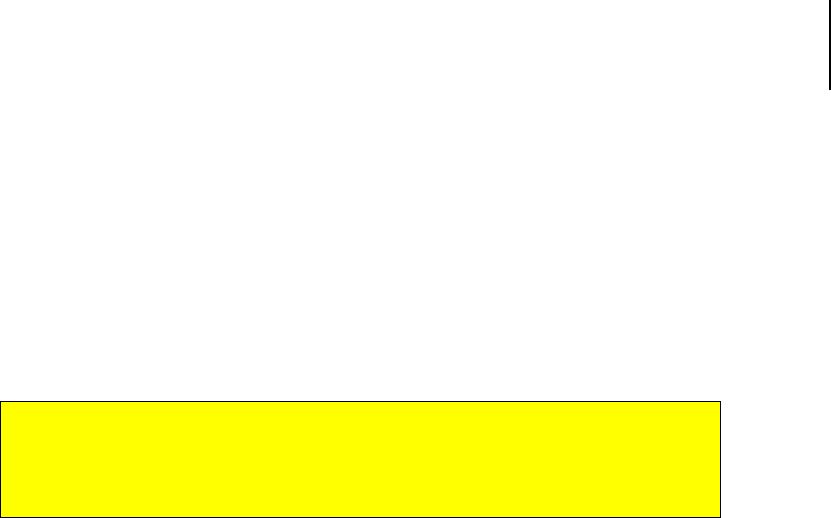
Western Technical College
Online Writing Center
Writing a Resume
9
If you desire, you could list extracurricular activities, special projects or relevant
coursework, or academic honors and recognition underneath each school that you
cite. It would also be acceptable, however, to have separate section(s) for these
honors, particularly if some are from your educational background and others are
from your employment history or there is overlap (i.e. an award is based on both
high school and college performance).
5. Previous Work Experience/Employment History
NOTE: Present your work experience before your education
if your employment history is more impressive than your
educational training.
List your work experience in reverse time order. This means that your present job (or
the last job that you held) will be listed first with previous jobs listed underneath that
one. It is advisable that you only record jobs from the last 10 years unless your job(s)
from a previous decade is(are) relevant to your current job objective and/or support your
summary of qualifications. In fact, your employment history should be limited to those
work experiences that are related to your present career goal, no matter if you held the
job in the last 10 years or not. The bottom line is this: Only include work experiences
that are relevant and support the job objective atop your resume. Don’t fret if your work
history is incomplete on the resume. After all, all of your work experiences—or all of
your recent work experiences—will appear on the application form.
For each job, you should record the following:
company or organization name: If space is available, you could include a brief
description of the company. Information about the size, products manufactured
or services provided, or annual sales volume could be insightful to hiring
personnel.
the company location (city and state only; no street address or zip code)
your job title: Use a term that will have meaning to the outside world, not just an
internal familiarity. For example, if your job title is “technology enabler,” but you
really are a “research project engineer,” use the latter title since no one outside
the company will understand what is meant by “technology enabler.”
Euphemistic language, such as environmental specialist for “custodian,” may not
impress an employer as much as it will confuse.

Western Technical College
Online Writing Center
Writing a Resume
10
your specific job duties: If your job title itself communicates your job duties (e.g.
A “detailer” at a car dealership details cars.), your duties are not relevant to your
job objective, or do not support claims you’ve made in your summary of
qualifications (e.g. Collected garbage nightly has no bearing on an electronics
repair position.), it is unnecessary to list the work that you did. But, if you fulfilled
relevant roles not typically associated with your job title (e.g. an oil lube tech who
assisted with basic break and electrical repairs when needed) or if your job duties
provide support for your summary of qualifications (e.g. an oil lube tech who
completed pre-labor paperwork with customers and returned vehicles to
customer upon completion of oil changes), create a bulleted list of your job
duties. The more specific you are, the better for you. For instance, assisted
customers with making healthy and economical food choices from the deli is
better than helped customers at the deli counter. But, be concise with your
specifics! While details are beneficial, they can be cumbersome to read,
especially if the detail is irrelevant. Above all, be parallel! For help with this,
consult “Parallel Structure” under “Sentence Basics” on the Online Writing Center
Site. Stating your job duties as verbs works well to create parallelism.
your work-sponsored education and training (if any)
your achievements and accomplishments (if any): These are of great interest to
employers because they are an indicator of your potential for success and
distinguish you from other applicants. They do not necessarily have to be
“official” awards, such as an Employee of the Month certificate. If you’ve only
missed work one day in six months and that was because of an immediate family
member’s funeral, you could record that on your resume. Or, if you have been
known to complete four oil lubes and safety checks in an hour, record that.
However, be sure that your supervisors and those you’ve asked to be your
references will be able to verify these accomplishments. In other words, be
truthful! NOTE: If you have numerous achievements, you may even chose to
make “Achievements” a separate section on your resume rather than cite them
amidst your work history.
your dates of employment: If you feel that the dates might increase the potential
for age discrimination or that the dates may highlight gaps in your work history,
which could be to your detriment, you could omit the dates by preparing a
functional resume.
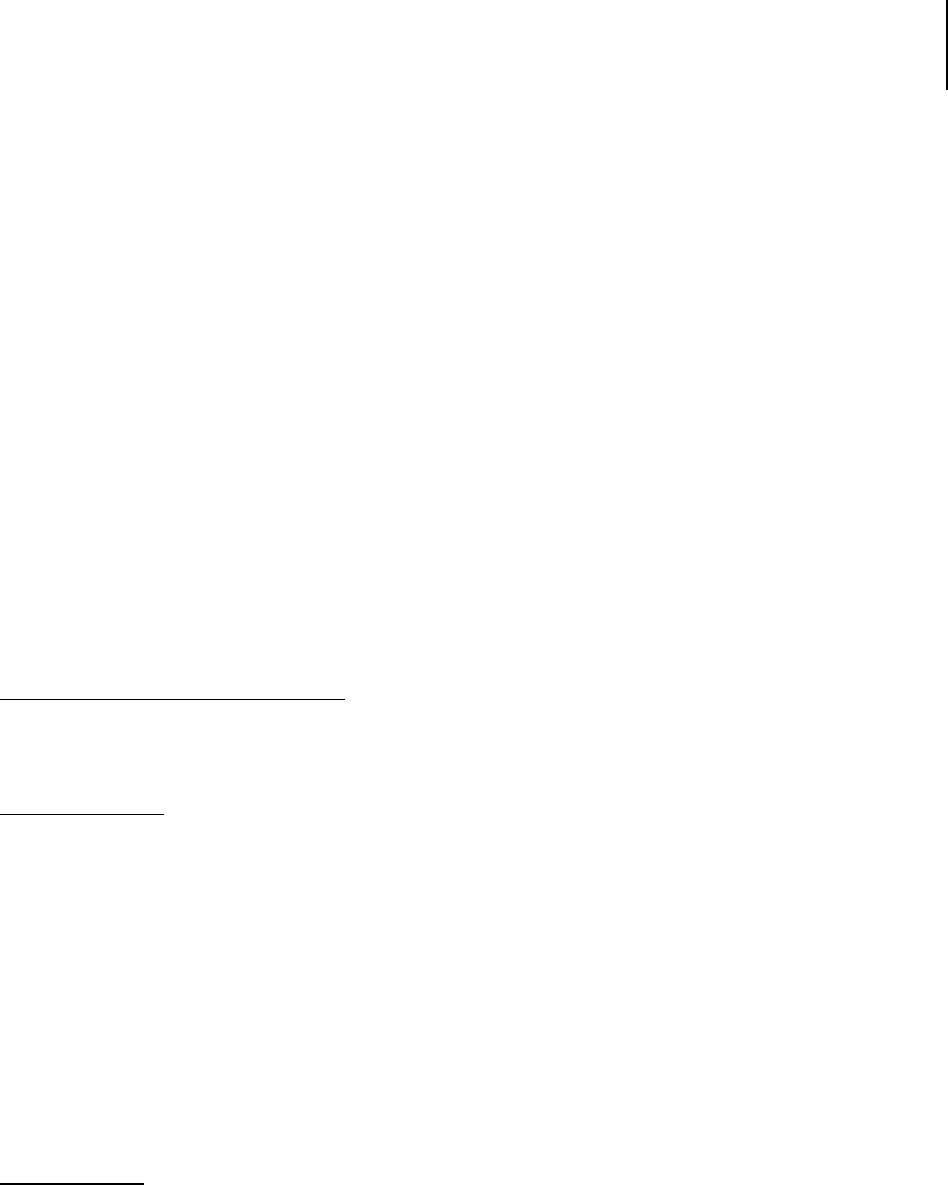
Western Technical College
Online Writing Center
Writing a Resume
11
6. Military Service (if applicable)
Military information is usually part of the work experience section, but could be separate
section. If you have been in the service, list the dates, the branch, the type of
discharge, and the rate or rank you held upon discharge. While you were enlisted, if
you gained experience that is relevant to your current job objective, document the
specific kind of work done, the training involved, and the duration of the experience.
Also, list any military service school you attended. As you are doing so, “civilianize”
your military language so that war college becomes advanced training and chief petty
officer becomes supervisor or lead worker.
7. Optional Headings/Categories of Information
You should not include personal information, such as your age, health, physical
characteristics, marital status, race, or religion, on your resume. And, definitely do not
include any personal photos unless you are applying for a modeling or performing arts
position. But, if space allows, you could consider additional resume sections, such as
the following:
Service (or Community Service): List community, school, and/or church events that you
have volunteered for, have held leadership positions with, or have gained recognition
through.
Honors/Awards: If you have honors and awards that don’t fit exclusively under one
school or one place of employment, consider a separate category for them. Only
mention recognition that is relevant. Chili cook-off grand champion or pie eating contest
winner unnecessary, unless you’re applying for a chef position. Similarly, being
Homecoming queen or king will not necessarily reinforce your skills and
accomplishments unless you are trying to convey that you interact well with people.
Also, be as specific as possible. Western’s President’s List of High Distinction Spring
2007 is more specific than honor roll-Spring 2007, and it also is more accurate.
Because accuracy is crucial, avoid outdated terms, such as VICA and Shop Student of
the Year. SkillsUSA and Technology Education Student of the Year demonstrate your
awareness of changes in your career area.
Memberships: Record organizations that you are actively involved in. But, avoid
sharing your membership in controversial organizations, especially those with specific
religious or political affiliations – unless they directly relate to the job you want or the
skills necessary for that job.
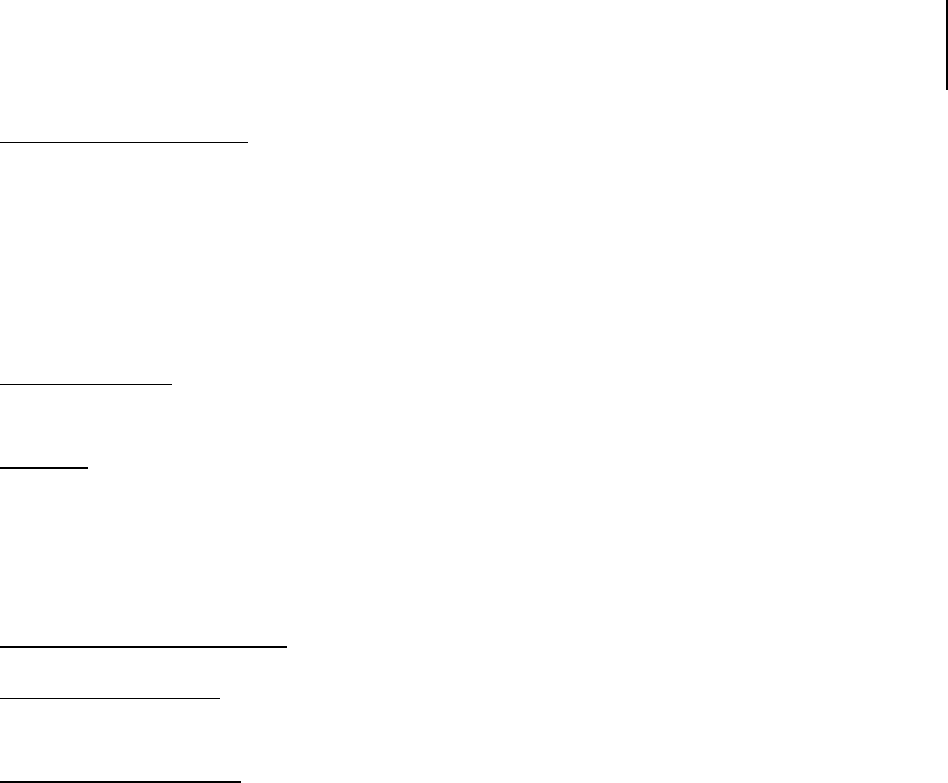
Western Technical College
Online Writing Center
Writing a Resume
12
Professional Affiliations: Record organizations that you belong to, conferences that you
have presented at, professional presentations that you’ve done, etc. But, record these
names in full, rather than using DECA or SHRM, which may not be recognized by the
employer as Distributive Education Clubs of America and Society for Human Resource
Management. However, there are instances, such as with FFA, that you must record
FFA because the three individual letters do not represent anything else. Years ago,
FFA did stand for “Future Farmers of America,” but that is no longer the case.
Special Projects: Document community, school, work, or personal undertakings that
reinforce your job qualifications.
Hobbies: Include them only if they are employment-related or highlight skills that could
be an asset on-the-job. For example, if you are part of an investment club, include that
on your resume for a finance position. Be careful to avoid mentioning any hobbies that
might be viewed as controversial, such as deer hunting. Some people believe that is
wrong to kill animals, deer included.
Licenses and Certifications: Cite only those that are relevant to your desired job.
Leadership Activities: Record any event, job duty, special project volunteer position,
etc. that would demonstrate your leadership.
Computer Applications: Document your computer skills that are not evident on rest of
the resume.
© 2010 by Carla Swerman
Last Updated: 6-28-17
